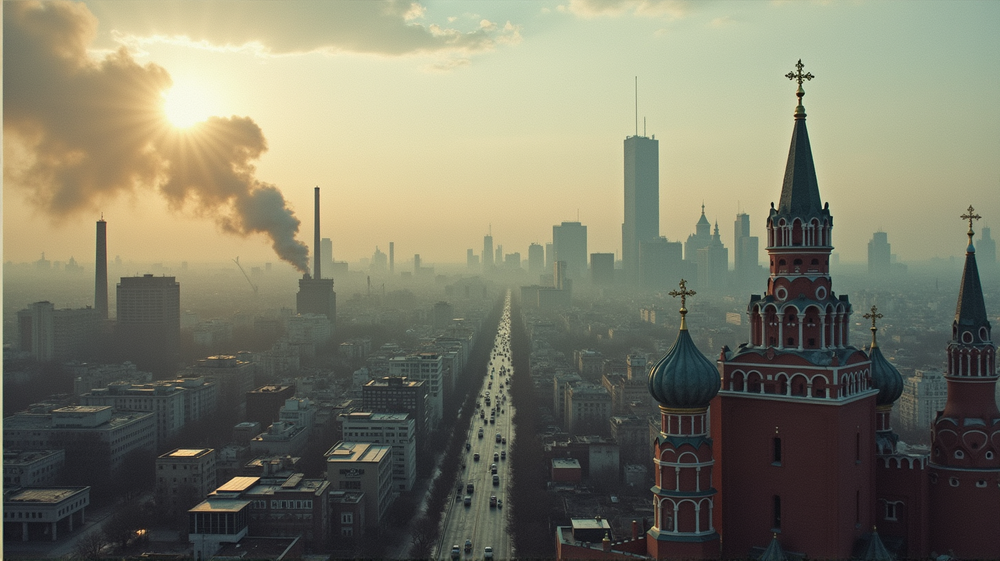Russia's Asset Seizure: A $50 Billion Shift Amid Ukraine Conflict
Transforming into Fortress Russia
In a dramatic turn of events, Russia has seized assets totaling approximately $50 billion over three years, reflecting its transformation under the pressures of the ongoing conflict in Ukraine. This sweeping move marked a pivotal shift towards a “fortress Russia” economic model, as noted by recent research. According to Reuters, it’s a cascade that highlights the reshaping of boundaries in Russia’s financial landscape.
The Exodus and Expropriation
With the departure of many Western businesses following the Ukraine invasion, Russia responded with swift actions to seize assets from these fleeing companies, including giants like Germany’s Uniper and Denmark’s Carlsberg. These measures, initially touted as protective steps against hostile Western maneuvers, underlined a broader economic strategy to reinforce national assets.
Enforced Domestic Realignments
Not only Western companies but domestic enterprises have faced nationalization, shifting ownership through legal mechanisms linked to strategic necessity, allegations of corruption, or failures in management. The Moscow law firm, NSP, quantified this nationalization, noting its impact on multiple sectors.
Historical Echoes and New Pathways
The transition evokes echoes of the post-Soviet era’s turbulent economic reforms, and President Putin’s early reforms that drove economic growth to unprecedented heights. However, recent pressures have prompted calls for a new development model distinct from previous globalization efforts, steering Russia towards self-reliance.
The Influence of War on Economic Control
With the state assuming a dominant position, the wartime economy reflects a landscape built on resilience and adaptation. Over a thousand companies have either exited or had their operations forcibly repurposed, fueling domestic growth in critical sectors. As efforts continue to consolidate control, significant stakes, such as those in Uzhuralzoloto by billionaire Konstantin Strukov, are prime targets for state acquisition.
The Road Ahead
As Moscow navigates this unprecedented economic transformation, questions about long-term sustainability and growth persist. The nominal size of Russia’s economy, though exhibiting resilience, remains beset by challenges and uncertainties, positioning the country at a critical juncture in its post-Soviet development trajectory.




